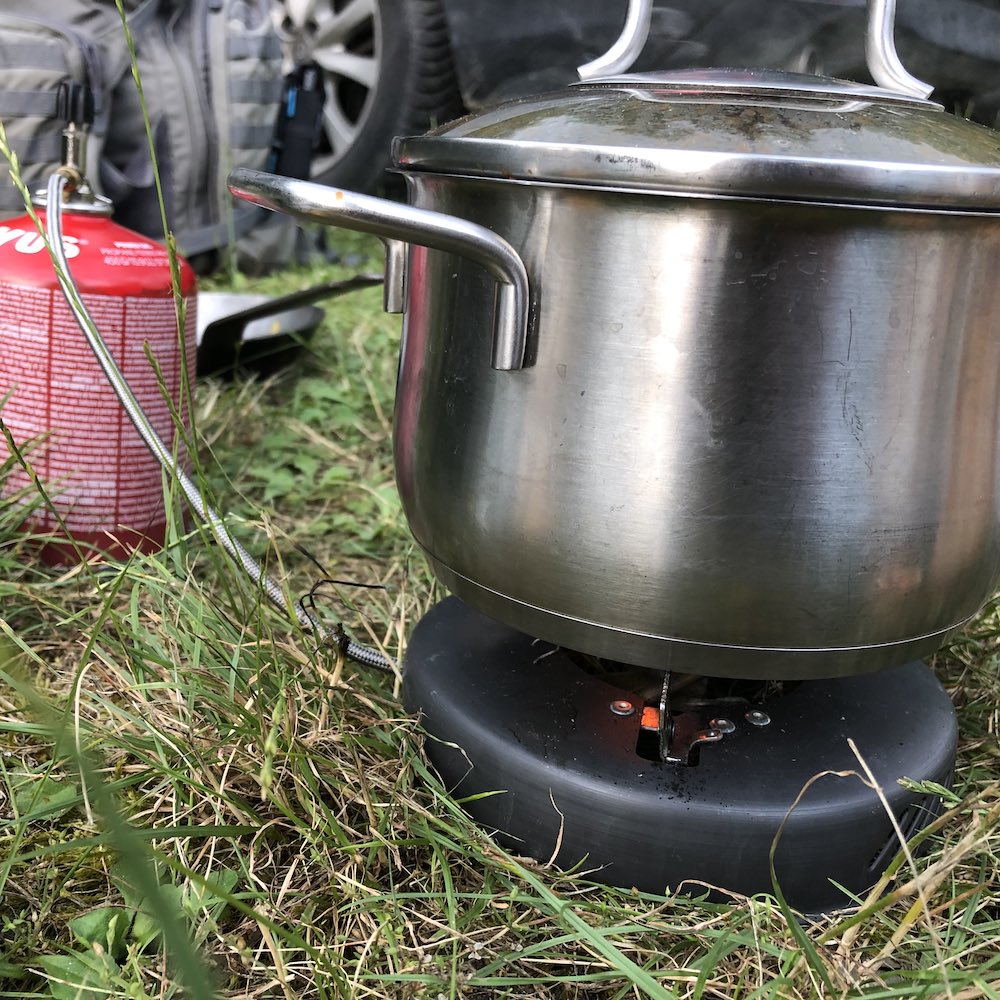
Skills and Technology
Choosing a technology also means choosing which skills you use.
The new technologies of the industrial and digital age have made many old skills and occupations obsolete.
In this process, some old skills might get lost completely.
From the perspective of the “Lebenspraxis”, it makes sense to take a moment to consider which tool you want to use and which skill you want to practice. Do I use the electric jigsaw or the hand ripsaw to cut wood? Do I use the bike, my feet, the scooter or the car to go somewhere?
Technology is an aid to make things easier for us. This can also be problematic.
Take exercise machines in the conventional gym. They allow the customer to train with minimal instruction. Gym owners like this because it means they have to pay fewer trainers. It also allows the customer a very easy and direct start into training without having to fear injury too much. But ultimately, these machines are not the best tools to get you past a rehab phase. They might ultimately even create injury and not solve your problems, precisely because of the simplicity they create movement wise. In that sense, a more complex tool is not always automatically better. The crux is clear in this example. The problem with machines is that the skills trained are ultimately too simplistic for us.
They under-train our natural complexity. Moving through the real world means many things are happening simultaneously. We’re not just moving one joint in one way like in an anatomy book.
We have a different case if the goal is the external outcome of our action. If you want to make fire, do you use a match? Stone and steel? The bow drill? If I want to make fire very quickly and effortlessly, I choose something like a match. But sometimes the “how” is also important to me, not just the “what”. Maybe I want to practice a certain skill. Maybe it emits a certain feeling. Or maybe it does actually produce a different external result. That’s why I write most of my essays by hand first and then digitalize them; I think it creates a better outcome. So I consider which tool, which technology I want to use, what it does and what I practice.
Could this be something for you as well?
Joseph Bartz 06.07.2021